South Sudan has confirmed it is holding a group of eight men deported from the United States under a controversial immigration policy by the Trump administration that seeks to relocate unwanted migrants to third-party countries. Among the deportees, only one is a South Sudanese national, while the rest include two citizens each from Myanmar and Cuba, and one each from Vietnam, Laos, and Mexico.
According to the South Sudanese Ministry of Foreign Affairs, the group is currently in the capital, Juba, under the supervision of relevant authorities who are “screening them and ensuring their safety and wellbeing.” The ministry described the decision to accept the deportees as a “careful and well-studied” act of goodwill and humanitarian cooperation as part of broader bilateral relations with the United States.
However, the move has sparked local and international criticism, especially given South Sudan’s volatile security situation and weak judicial system. Prominent civic leader Edmund Yakani expressed alarm, stating, “South Sudan is not a dumping ground for criminals.”
US immigration officials claim the men were convicted of violent crimes in the US, but legal battles had delayed their deportation for months. The group was originally scheduled to arrive in South Sudan in May, but their flight was diverted to Djibouti after a US district court imposed a temporary stay on third-country deportations. The Supreme Court later overturned that ruling, and the men were flown to Juba on June 5, reportedly escorted by US Marines.
International human rights experts appointed by the UN Human Rights Council have strongly criticized the deportation, citing violations of international law. “No one shall be sent anywhere where there are substantial grounds for believing that the person would be in danger of being subjected to torture, enforced disappearance or arbitrary deprivation of life,” said a joint statement by 11 UN-affiliated experts.
The deportation comes at a time of growing instability in South Sudan. Tensions between President Salva Kiir and Vice-President Riek Machar flared into violence in March, raising fears of renewed civil conflict in a country still recovering from a brutal civil war that killed an estimated 400,000 people between 2013 and 2018.
Despite ongoing instability, South Sudanese authorities have reiterated their commitment to welcoming back their nationals and individuals with “recognised links” to the country. Foreign Ministry spokesperson Apuk Ayuel Mayen emphasized that the return of such individuals is part of the country’s sovereign responsibility.
As global attention turns to forced migration and human rights, this case has underscored the complexities of US deportation policy and the risks of relocating foreign nationals to fragile states.


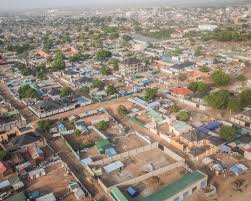
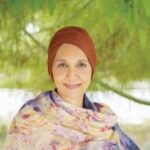
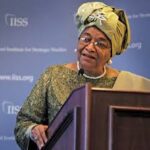
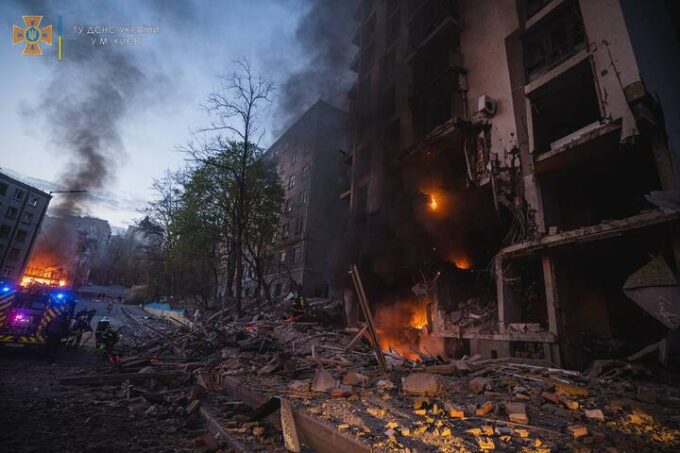







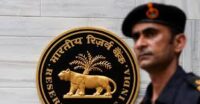
Leave a comment